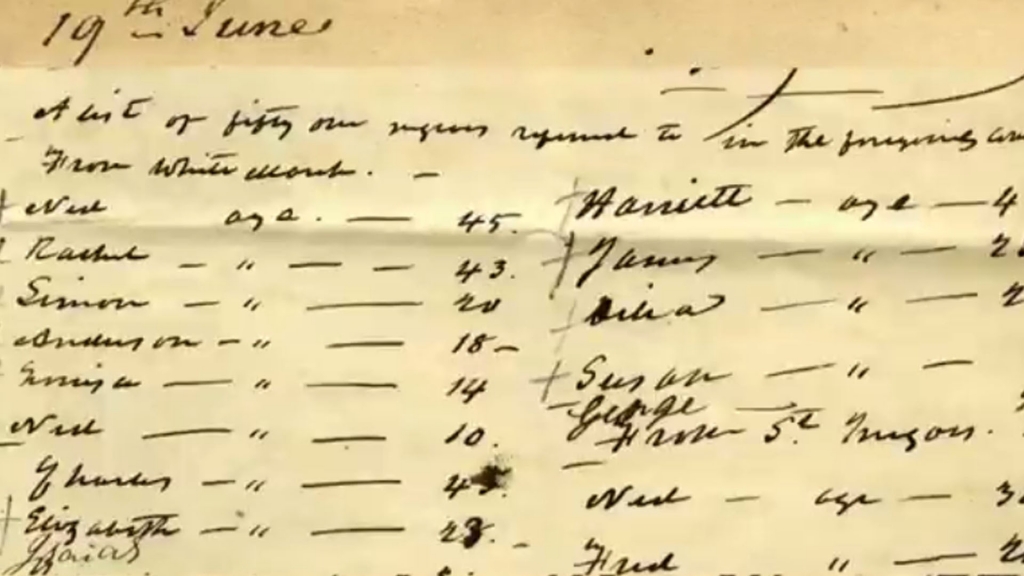-
Tips for becoming a good boxer - November 6, 2020
-
7 expert tips for making your hens night a memorable one - November 6, 2020
-
5 reasons to host your Christmas party on a cruise boat - November 6, 2020
-
What to do when you’re charged with a crime - November 6, 2020
-
Should you get one or multiple dogs? Here’s all you need to know - November 3, 2020
-
A Guide: How to Build Your Very Own Magic Mirror - February 14, 2019
-
Our Top Inspirational Baseball Stars - November 24, 2018
-
Five Tech Tools That Will Help You Turn Your Blog into a Business - November 24, 2018
-
How to Indulge on Vacation without Expanding Your Waist - November 9, 2018
-
5 Strategies for Businesses to Appeal to Today’s Increasingly Mobile-Crazed Customers - November 9, 2018
Georgetown to offer admissions preference to descendants of 272 former slaves
Georgetown president John DeGioia told news outlets that the university in Washington will implement the admissions preferences. In an effort to help counter that history, the University is offering “an advantage in the admissions process” to the descendants slaves that were owned by the University. For the 1838 sale, slaves were taken from the Maryland plantations and shipped to estates in Louisiana.
Advertisement
DeGioia is keeping his word, it seems, on his promise to “make amends” for his school’s role in the American slave trade.
“It goes farther than just about any institution, I think it’s to Georgetown’s credit”, Massachusetts Institute of Technology historian Craig Steven Wilder said. As I shared one year ago when we launched this Working Group: ultimately, this will be the work of our Georgetown community.
According to the newspaper, Harvard University, Brown University and more than a dozen other college institutions have recognized their historic ties to slavery.
When the slaves were sold in 1838, they brought in what would be $3.3 million today.
A working group has released a report advising the university on its plan to engage and reconcile with descendants of slaves. Also, two buildings on campus will be renamed for an enslaved man and a Catholic African-American educator.
Further proposals from the Working Group include sensitivity training “for all members of the community”, creation of an “Institute for the Study of Slavery and Its Legacies at Georgetown”, and making sure “all the schools of the University are fully engaged in the attempts to address slavery’s direct and indirect legacy”.
Karran Harper Royal, a descendant of one of the slaves sold in 1838, said she welcomes the initiatives, but they still fall short.
“While we acknowledge that the moral debt is slaveholding and the sale of the enslaved people can never be repaid, we are convinced that reparative justice requires a meaningful financial commitment from the university”, Georgetown said. DeGioia said that the school will be actively recruiting descendants to attend the school.
And because we have names and families and histories and can point directly to people and directly to their descendants today in a way that most institutions can’t.
“It was part of this broader Jesuit religious economy, which was connected by plantations manned by slaves in Maryland”.
Advertisement
“From examinations of our archives we have found nothing that connects slavery or the slave trade to Loyola’s history, and we have no reason to believe slavery or the slave trade have ties to Loyola”, he said. And all the earliest buildings on campus, including those being renamed, were likely built by slave labour.





























